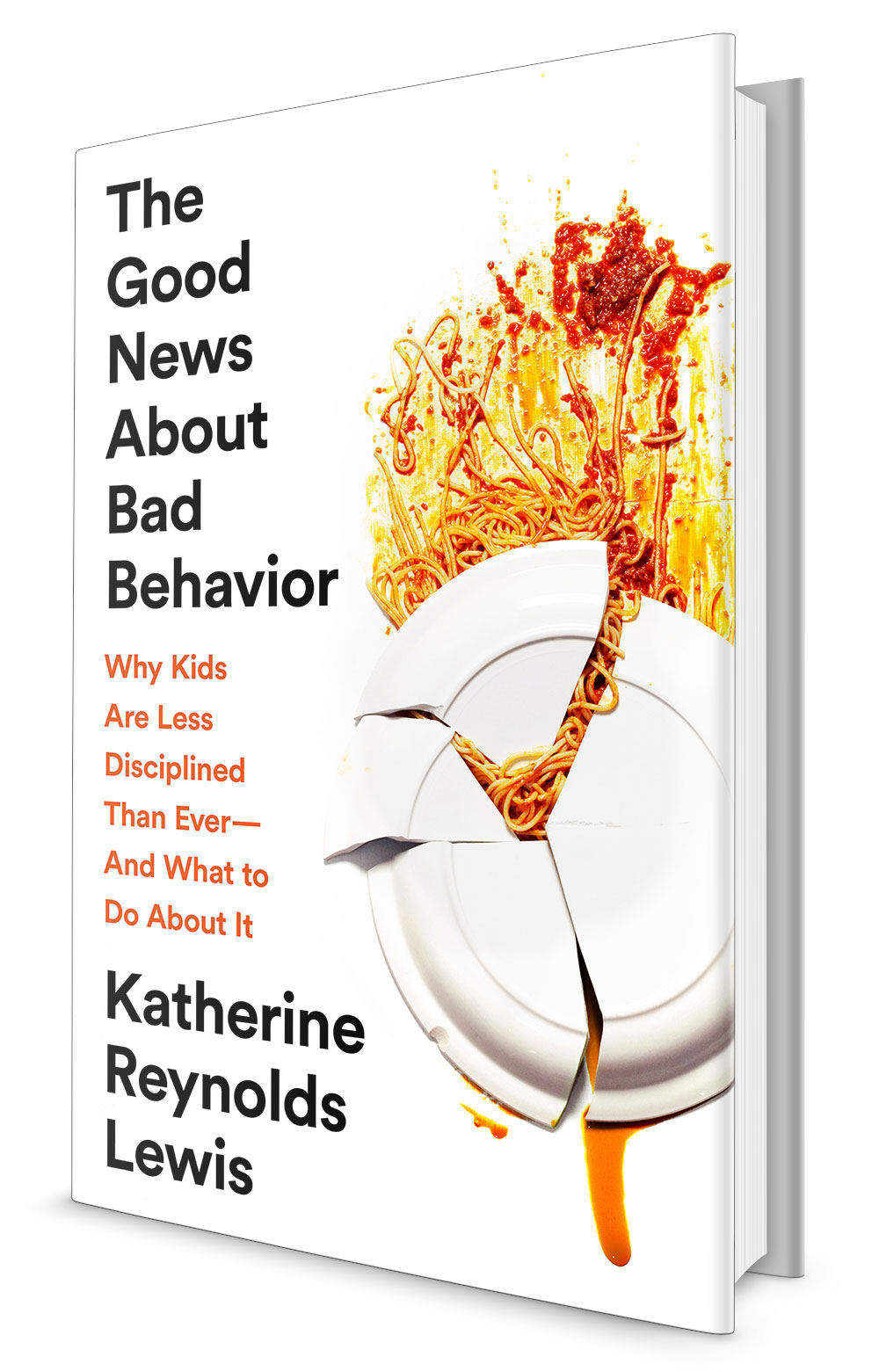Who hasn’t had a tantrum, adults included? Many thanks to Claire Haas, a mom of two and Vice President of Education at Kiddie Academy for these great age-by-age/stage appropriate tips for handling meltdowns. We’ve all been there, at birthday parties, at the grocery store, whether our kid is over-stimulated, over-tired, or just in the mood to melt…
I remember a great presentation by Scream-Free Parenting expert Hal Runkel, who recalled a time when he dealt with his own kids’ tantrum with a “response tantrum” – the scene he explained was hilarious, but only because we were all laughing at ourselves and realizing how worked up we get when our kids act up. How can they calm down if we can’t?
Love these tips!
Age-by-age tips for Managing Meltdowns
No parent wants to face down a child’s tantrum, particularly in public. However, it’s one of the challenges we all face. Like a tornado, once it starts, there’s not a lot you can do about a tantrum until it passes. The big difference is that you can’t run and hide from your child’s meltdown…no matter how tempting it may be.
Haas offers the following tips on how to manage and prevent tantrums at any age:
All Ages:
Most importantly, stay calm. Sometimes, despite your best efforts to sidestep them, tantrums will erupt. Although it may be difficult, staying calm is critical. If you lose your cool, you’ll likely add fuel to the fire.
Know when it’s time to go. You can’t exit every situation when your child starts to whine, particularly because you don’t want to teach your child that cause and effect response. However, if your child is screaming in public and won’t stop, it may be time to leave, even if it’s just to the parking lot for a 10-minute cool down. If you’re feeling flustered and your child is causing a major distraction, leaving may be the best option for everyone involved.
Reinforce Good Behavior. Praise your child when she does well during a trip you know she won’t enjoy, such as a grocery trip. For example, “you did a great job at the supermarket” or “you’re a good helper, thank you.”
Ages 1 3:
At this age, the responsibility for managing a tantrum is really on the parent. Children 1-3 have tantrums because they simply aren’t equipped to handle their current situation. You know your child best, including when he’s cranky, bored or hungry. Don’t set yourself up for failure by planning an outing during one of your child’s “danger zones.”
Ages 4 – 6
After the storm subsides, talk it out. At this age, children are old enough to look back on a behavior and identify that it was not acceptable. Explain “what you did was inappropriate” or “this was wrong because…”
Ages 7+
Share your plans. Whether you’re walking to the playground or driving to the supermarket, tell your child in advance and share your expectations of her behavior before you reach your destination. For example, “we have 30 minutes to play” or “I need to pick up food in order to make dinner.” Avoid using bribes in exchange for compliance. Explain that good behavior is what’s expected, and it’s non-negotiable.
Editor’s Note: Love these tips! I’d add…avoid empty threats. I always think quickly in my head as I’m doling out the “If you don’t, you won’t” combo — If I can’t follow through, I don’t put it out there, or my threats are meaningless. There’s nothing more powerful than actually LEAVING the birthday party — trust me, it may feel miserable in the moment, but your kid will think twice next time…
What tips can you add to help parents manage meltdowns?







Leave A Comment